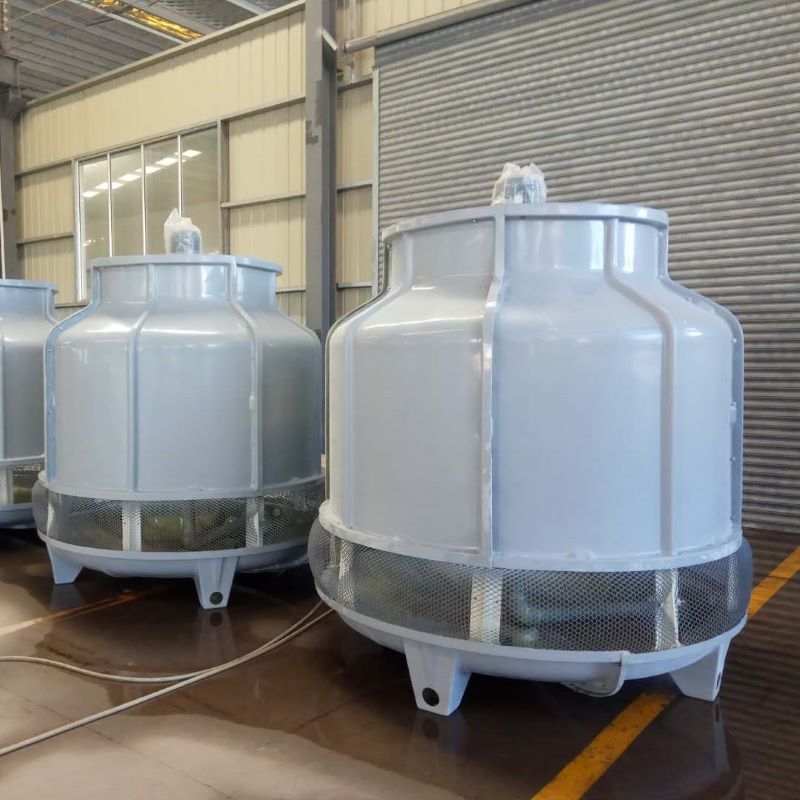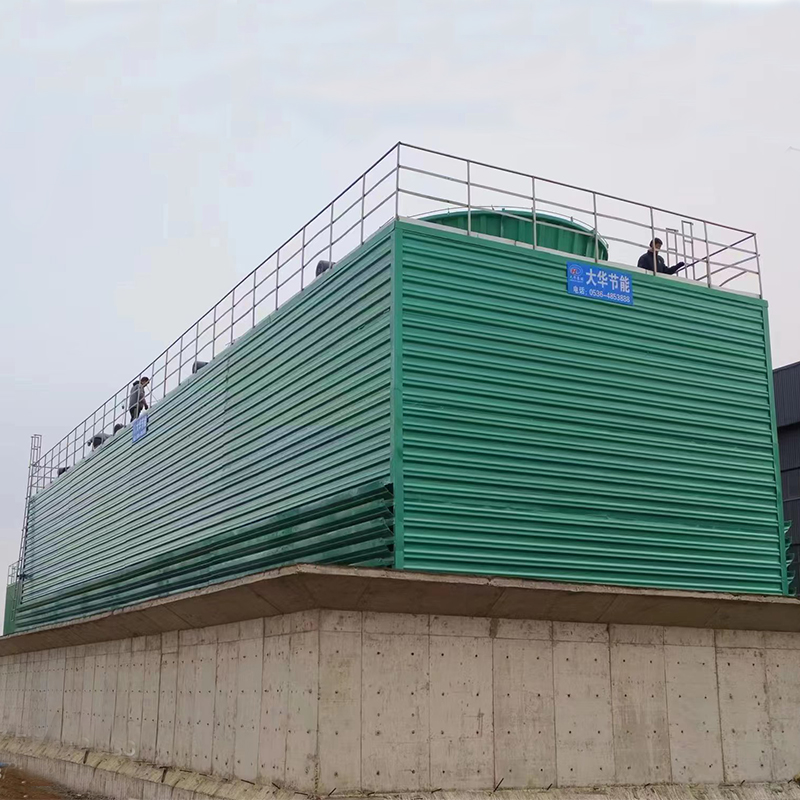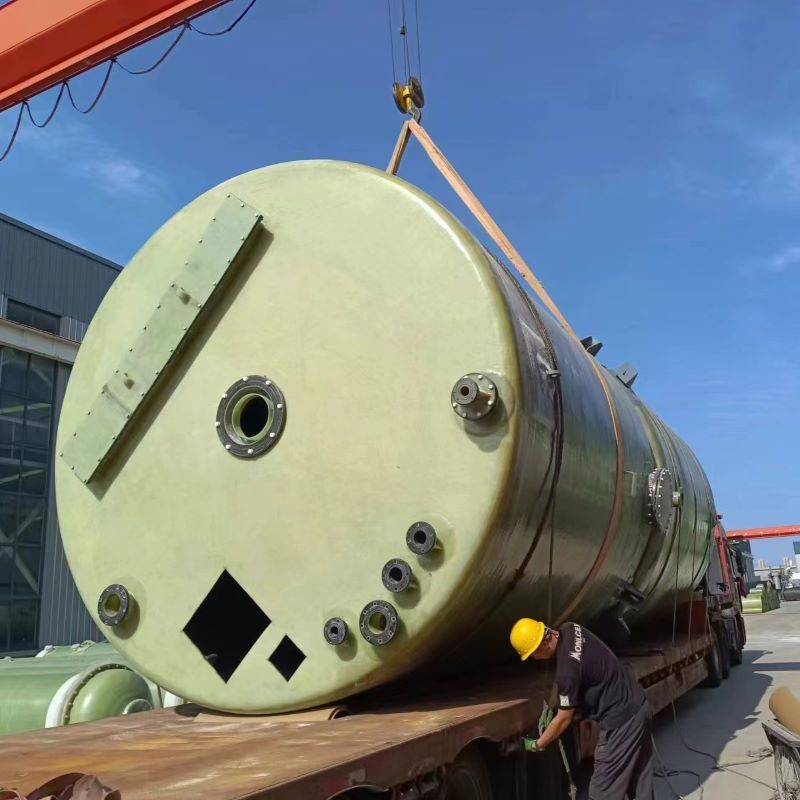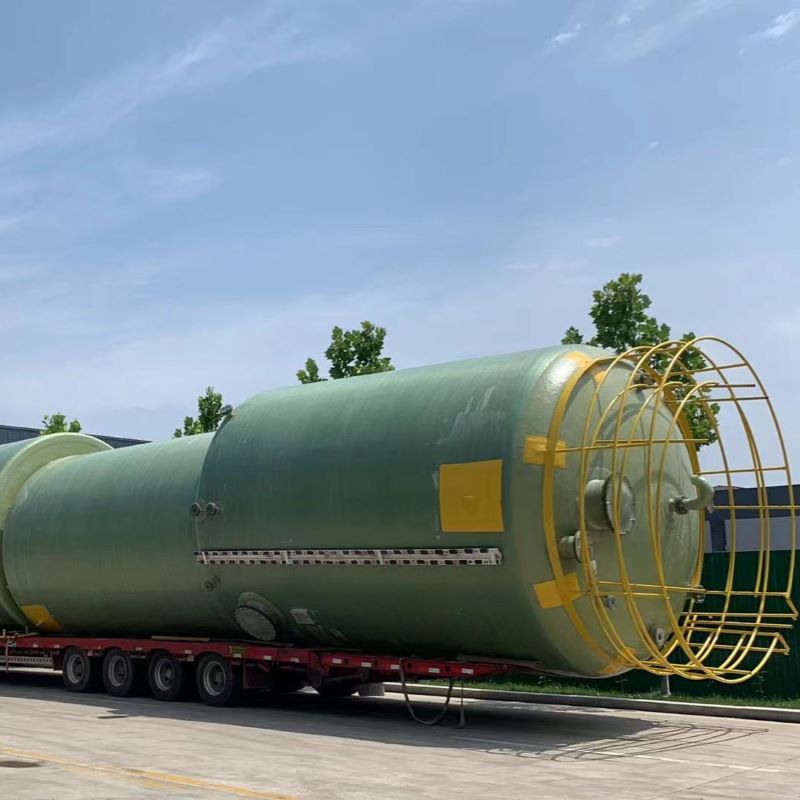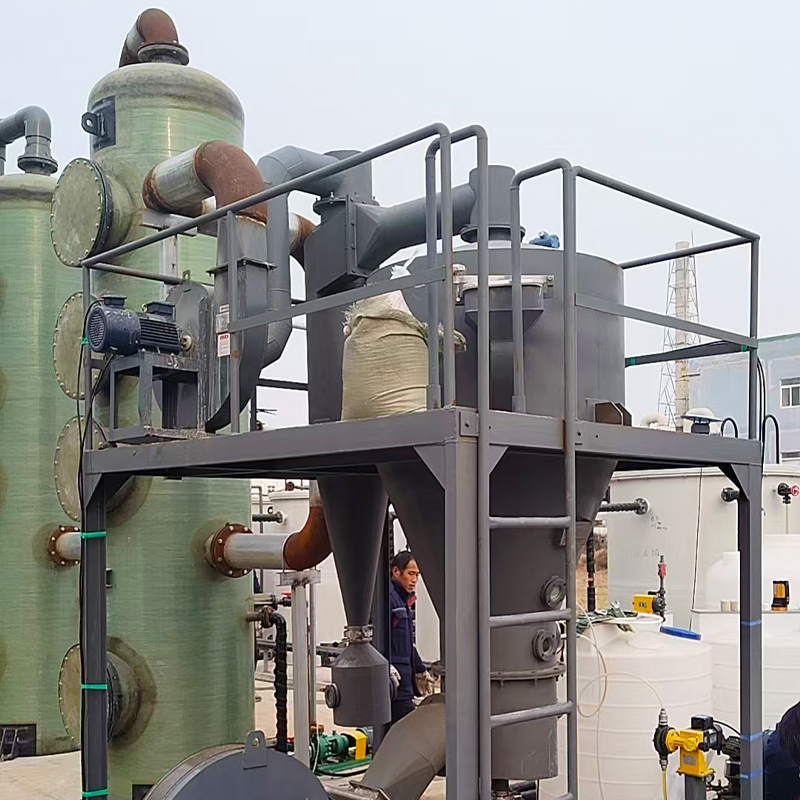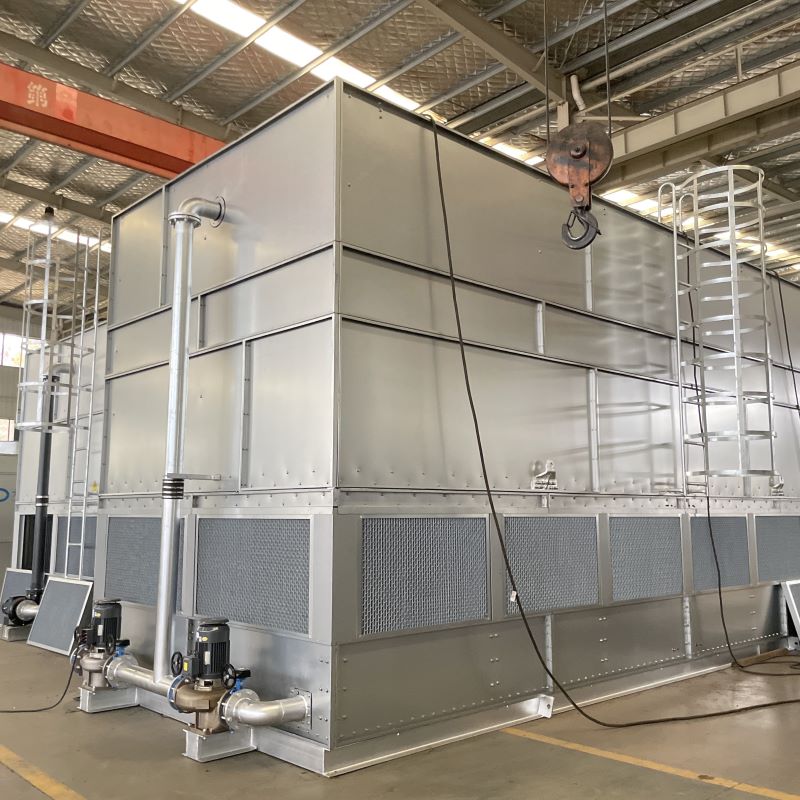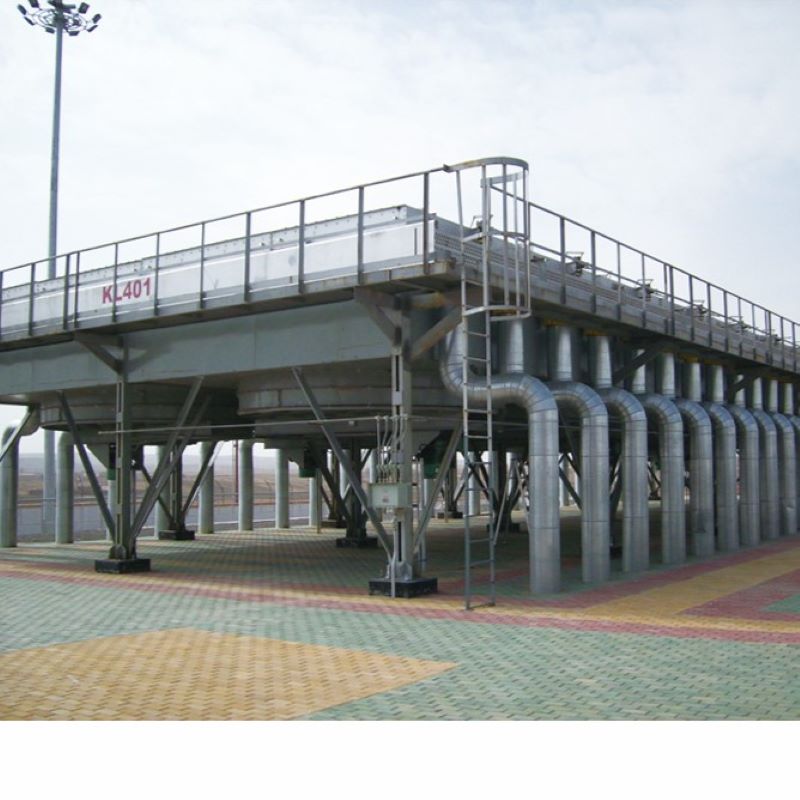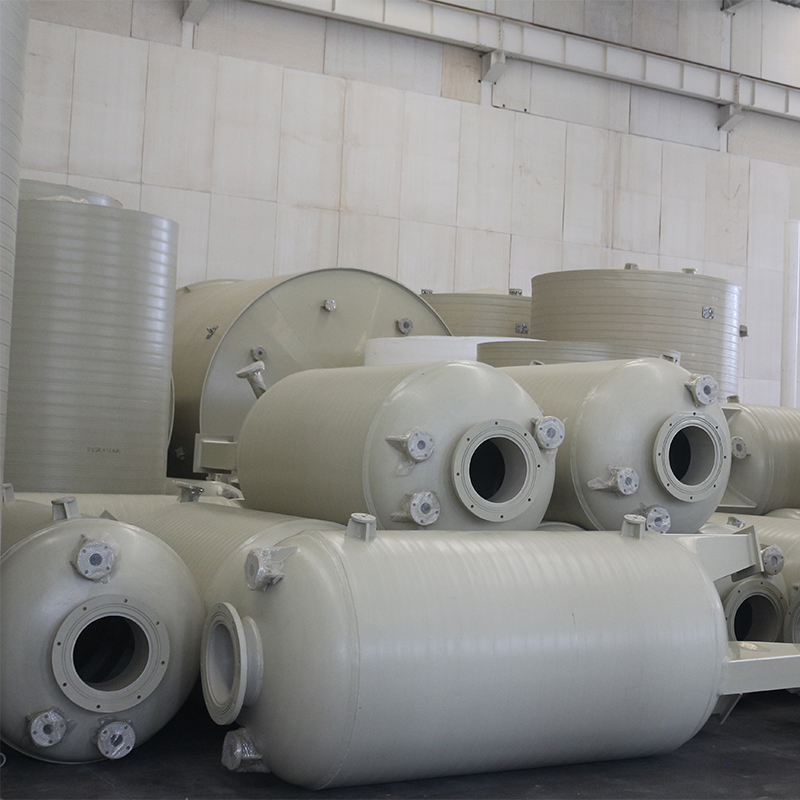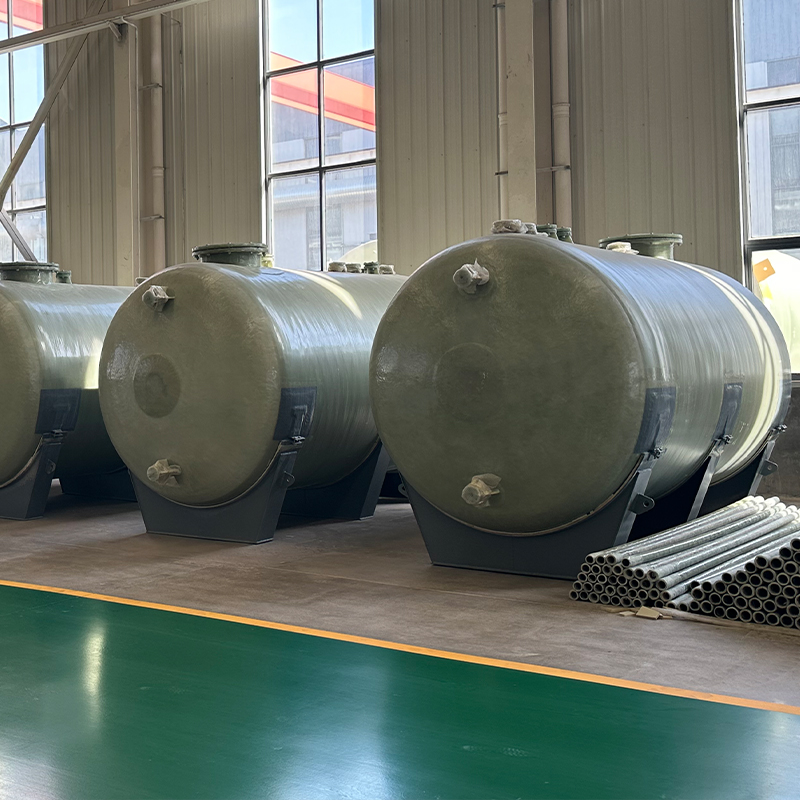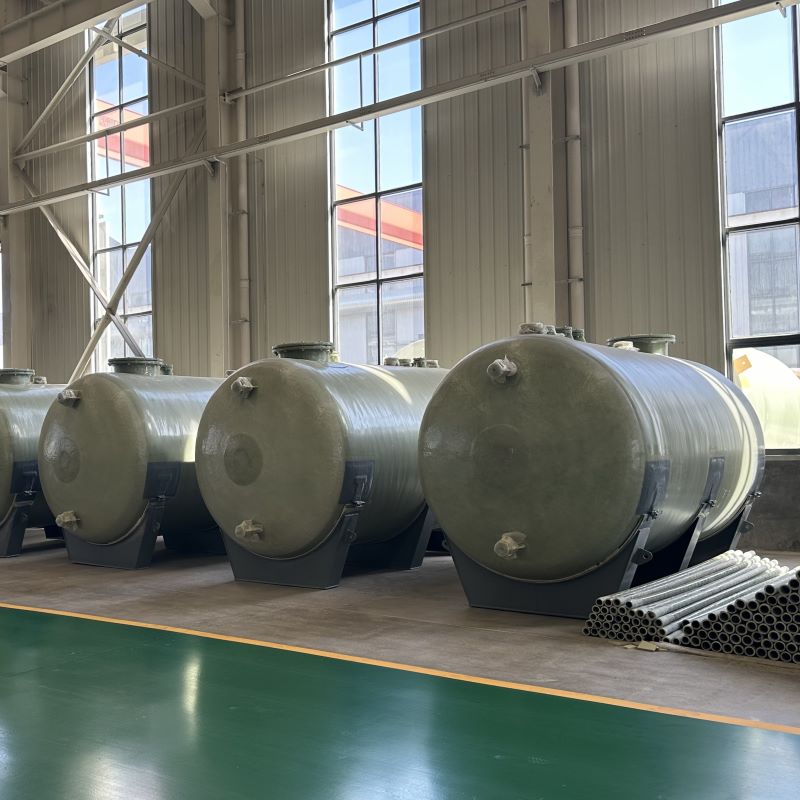
China High-Efficiency Hybrid Evaporative Air Cooler
Understanding China High-Efficiency Hybrid Evaporative Air Coolers
In the rapidly evolving landscape of climate control systems, the China High-Efficiency Hybrid Evaporative Air Cooler stands out for its innovative design and robust performance. But what really sets it apart? This exploration delves into its practical applications and real-world benefits.
The Basics of Hybrid Evaporative Cooling
At the core, the concept of hybrid evaporative cooling harmonizes two fundamental cooling principles: evaporative cooling and traditional air conditioning. Essentially, it leverages evaporated water to reduce air temperature, requiring significantly less energy. However, integrating this with conventional systems isn't as straightforward as it seems. It demands a delicate balance to maintain efficiency without sacrificing cooling power.
From first-hand experience, I've seen these systems implemented across various industries, especially where energy efficiency is paramount. They aren't a one-size-fits-all solution. Tailoring the system to specific environmental conditions is crucial. I remember one instance where the local humidity rendered a basic setup ineffective until adjustments were made.
In practice, location-specific modifications are essential. For example, in coastal areas, the system must contend with high moisture levels. This is where hybrid efficiency comes into play, skillfully managing moisture while delivering cool air. The challenge often lies in adjustment and calibration, a task underestimated by many new entrants to the field.
Key Advantages in Industrial Applications
Industrially, the appeal of the China High-Efficiency Hybrid Evaporative Air Cooler lies in its potential for substantial energy savings and environmental impacts. Companies, particularly those on the cutting edge like https://www.sddahuagroup.com, are leveraging these benefits to meet strict environmental standards?and reduce operational costs.
Imagine a manufacturing floor where temperatures can peak drastically. Traditional air conditioning solutions could max out energy consumption limits quickly. However, by incorporating these hybrid coolers, there's not only a reduction in temperature but also in the carbon footprint. Observations confirm that this is a strategic advantage for companies striving for both ecological and economic efficiency.
Nevertheless, achieving these advantages isn't without trials. I recall a project where the integration initially led to increased operating expenses due to incorrect system design. It wasn't until a complete overhaul by knowledgeable engineers that the promised savings materialized. This kind of learning curve is not uncommon.
Performance and Maintenance Considerations
As with any advanced system, regular maintenance is non-negotiable to ensure the optimal performance of these coolers. They require routine checks and occasional tune-ups—tasks that can easily slip through the cracks if not prioritized.
Operationally, a lot of the cooler's efficiency depends on the condition of its pads and pumps. Over time, mineral build-up can degrade performance, a fact I learned the hard way when a significant scale formation nearly halved the system's cooling ability. Periodic cleaning and timely replacement of parts can't be overstated.
Moreover, the integration of smart technologies with these coolers is proving transformative. Remote monitoring systems provide critical insights, enabling preemptive maintenance and operational adjustments that were once reactive rather than proactive.
Market Trends and Future Outlook
The demand for hybrid evaporative coolers in China and globally reflects a growing commitment to sustainable practices. With companies like https://www.sddahuagroup.com leading innovations, there's a strong incentive for other players to adapt quickly to retain their competitive edge.
I remember attending a trade expo where the buzz around these coolers was palpable. There was an evident shift towards systems providing both economic and environmental benefits. Attendees were particularly impressed by the advancements in digital integration, showing just how rapidly the industry is embracing tech-driven solutions.
Looking forward, future trends could see even more sophisticated hybrid models, combining artificial intelligence for smarter climate control. This evolution is not just speculation but an inevitable trajectory as regulatory pressures tighten and technological capabilities expand.
Lessons Learned and Practical Advice
Having been in the industry for a while, it becomes clear that adopting new systems isn't merely about acquisition but involves a commitment to understanding their intricacies. For anyone considering implementation, collaboration with specialists and thorough research can prevent costly missteps.
For businesses on the fence, seeing beyond the upfront cost to the long-term savings is crucial. Initial investments may appear steep, but the payback through utility savings and improved working conditions is often underappreciated.
Moreover, staying informed through industry networks and continuous education are invaluable. The landscape of China High-Efficiency Hybrid Evaporative Air Cooler systems is dynamic and full of potential, but only if approached with informed precision and a willingness to innovate.
Соответствующая продукция
Соответствующая продукция
Самые продаваемые продукты
Самые продаваемые продуктыСвязанный поиск
Связанный поиск- high quality Mannheim Furnace Maintenance exit
- China Hybrid Evaporative Condenser supplier
- high quality high efficiency evaporative cooler
- 10000 cfm evaporative cooler factory
- high quality Shandong Mannheim Potassium Sulfate exit
- Best roof top evaporative coolers product
- OEM WESP Collection Tube Manufacturer exit
- high efficiency evaporative cooler product
- high quality FRP Mixing Tank Price supplier
- high quality slim evaporative cooler factory


